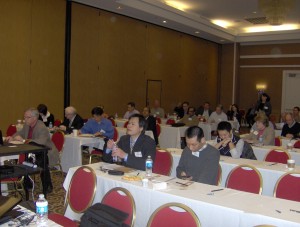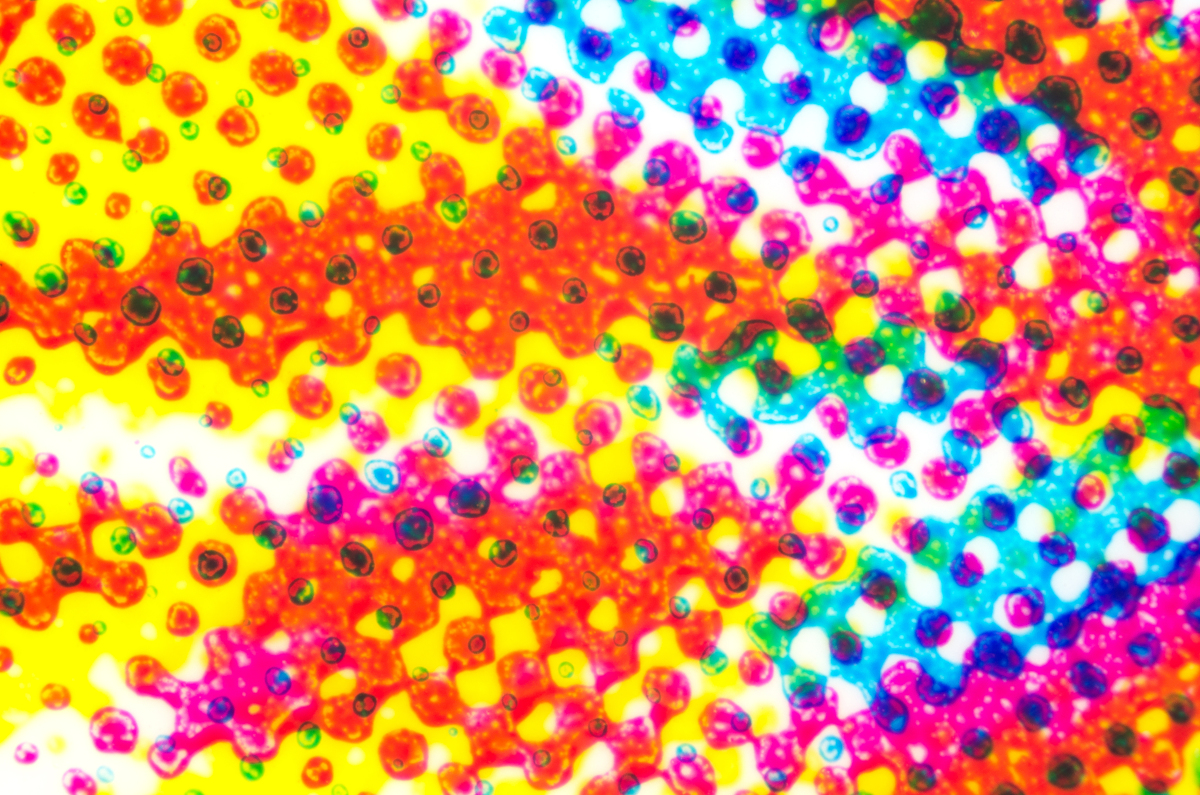New Industrial Uses for Soy Showcased at TAP Meetings
 Approximately 50 participants, representing the value chain from universities to suppliers and manufacturers, met in St. Louis recently to discuss the latest soy technology at two different Technical Advisory Panel (TAP) meetings.
Approximately 50 participants, representing the value chain from universities to suppliers and manufacturers, met in St. Louis recently to discuss the latest soy technology at two different Technical Advisory Panel (TAP) meetings.
The purpose of the TAP meetings, sponsored by the United Soybean Board, is to showcase the latest soy research and commercial development and to provide a forum for researchers to build their network of resources. One meeting focused on adhesives and paper, while the other showcased coatings and inks.
Highlights of the 22 presentations included:
• A low-viscosity barrier coating for packaging that can emulsify high fractions of oils and waxes
• A cost effective, soy-coating binder by Applied Protein Systems for paper applications, currently being evaluated by the company’s development partner
• An integrated soy biorefinery to produce both animal/aquaculture feeds and bio-based chemicals
• A project by North Carolina State University that uses soybean meal lipoxygenase to break down plastic and adhesive contaminants called “stickies” in paper recycling
• Feasibility studies by Western Michigan University on producing chitosan used as a paper coating through fungal solid-state fermentation of soybean meal
• A soy-phenol-formaldehyde-resin combination for use in oriented strand board core applications by the University of Auburn that is more sustainable, releases less formaldehyde and costs less than existing resins
• Studies of soy properties in wood bonding by Forest Product Laboratories
• Soybean oil as an impact modifier in epoxy coatings, developed by 1st Source Research
• Soy derivatives to replace both paraffin wax in cardboard produce boxes and a carnauba wax substitute by Iowa State University
• Recyclability metrics by Western Michigan University
• Coatings incorporating soy flour by Rust-Oleum
• A one-year study by Battelle to produce a technology route to manufacture a C19 diacid from soy high oleic acid
• A novel approach by Sherwin Williams to incorporate soy isolates in thermoplastic hybrid formulations
• Results from a University of Tennessee project to produce acrolein and acrylic acid from crude glycerin
To request more information on TAP meetings or research findings, contact us at www.soynewuses.org.



